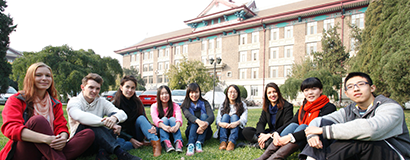June 7th, 2020 is the commemoration day of the 110th birthday of Li Shusen. "He is a faithful proletarian educator, who made significant contributions to the education development of modern China." Li Shusen, former president of Tianjin University received the praise from Song Ping, former member of the Standing Committee of the Political Bureau of the CPC Central Committee, for his vision of the higher education in China. He exerted influence on several historical education policies, such as the document of Sixty-article Regulations on Higher Education and the "211 Project" (a project of national key universities and colleges initiated in 1995), which are influential policies so far and plays an important role in the history of Chinese higher education.
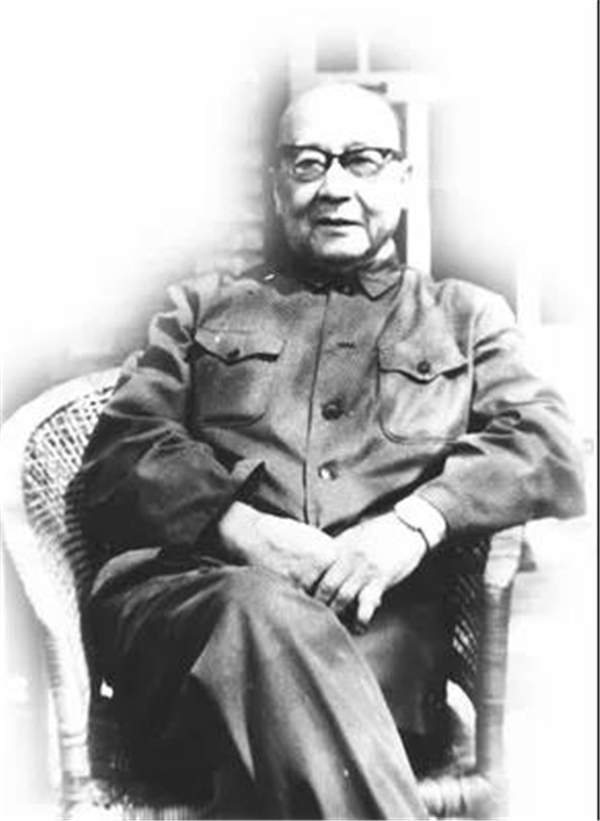
Li Shusen, born in Ba County, Hebei Province, graduated from Beiping Normal University and later devoted himself to the revolutionary cause. In 1953, he became the Vice President of Tianjin University, and since then successively served as Party Secretary of CPC, President and Honorary President at Tianjin University. During his 45-year career of higher education, he made outstanding contributions to the higher education of Tianjin University and New China.
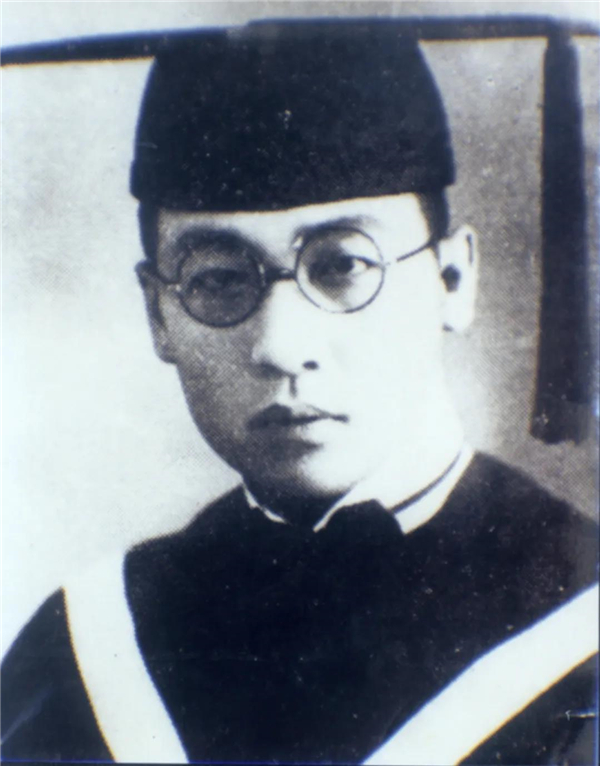
In May 1983, the Ministry of Education held a Higher Education Conference in Wuhan to advance Chinese higher education. During the meeting, Li Shusen, together with three famous educators from other universities, jointly submitted a document of suggestions written by himself to the Secretariat of the Central Committee. They recommended to select some universities and colleges to be listed as major state construction projects, making them "key universities".
In view of the classification of universities and colleges in China, Li Shusen proposed the government to take effective measures to develop multi-disciplinary comprehensive universities. He suggested selecting about 50 colleges across the country as the strategic focus of higher education development. Theses colleges should have solid foundation with large scale, abundant faculty as well as high level of teaching and scientific research, which can cultivate not only the high-quality undergraduates, but also the qualified masters and Ph.D. candidates. He also advised that in addition to regular education funding, the central government should provide these about 50 colleges with another key investment of 5 billion yuan in the next five years, which would promote the rapid expansion of the undergraduates and masters as well as the scientific research. He thought that the value the students create is by no means comparable to the economic benefits of any key economic construction project because the benefit as an intellectual investment is long-term whose significance is inestimable.
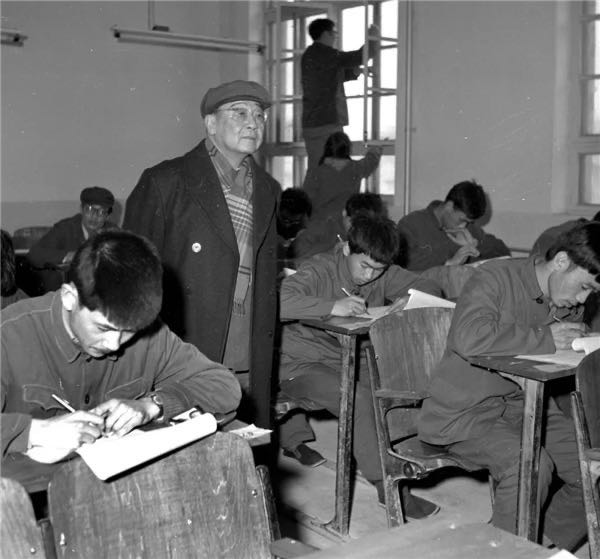
This suggestion, named "853 suggestions", had a major impact on the higher education community in the country. At the same time, it was highly valued by the leaders of the CPC Central Committee and the State Council. Deng Xiaoping personally instructed that it was a very important issue. Therefore, it initiated a new process for the Chinese government to focus on building higher education institutions. On April 2, 1984, the State Council decided to allocate special funds to support ten schools, including Peking University and Tsinghua University, as the national key construction projects. Since then, a group of key universities had been listed in key national universities and considerable investments had been increased during the national seventh and eighth Five-Year Plan. In 1993, the Central Committee of the CPC and the State Council clearly proposed "211 Project", which aimed to build about 100 key universities and colleges as well as a number of key disciplines in the 21st century in the document of "Outline of China's Education Reform and Development."
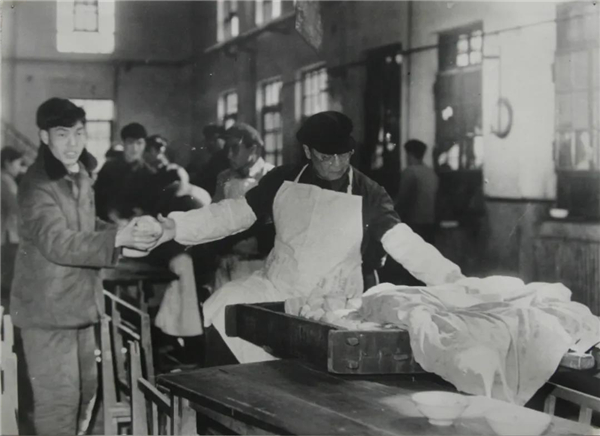
In 1961, Li Shusen was appointed by Yang Xiufeng, the Minister of Education, to write regulations on the implementation of the school committee's responsibility system under the leadership of the Party Committee, which provided systematic reference opinions for the document of Interim Regulations on Higher Education(1961) (that is, "Sixty-article Regulations on Higher Education") .
As one of the distinguished older generation of educator, Li Shusen had a great influence upon the history of socialist higher education of People's Republic of China so that he is known as "the faithful founder of socialist education." His contributions to Chinese higher education have always been remembered as time goes by and his education thoughts still shine today, like the splendid stars in the long river of history.
By: Liang Xiyue
Editor: Qin Mian






